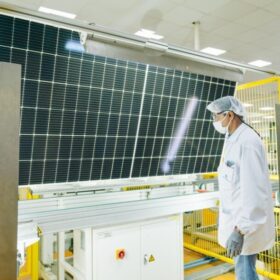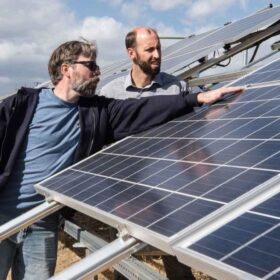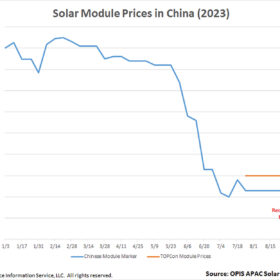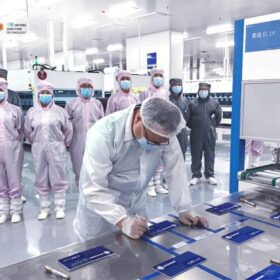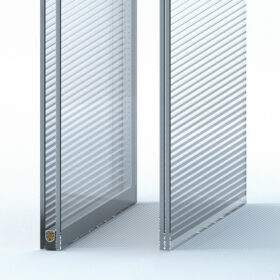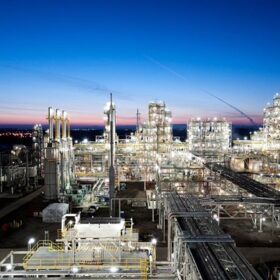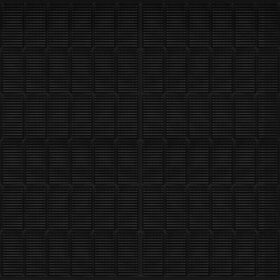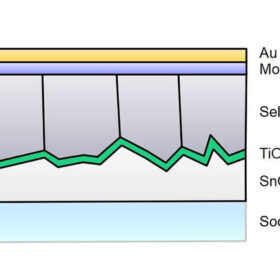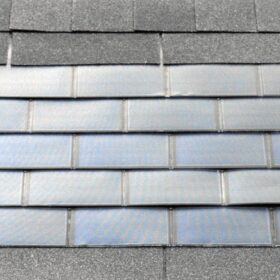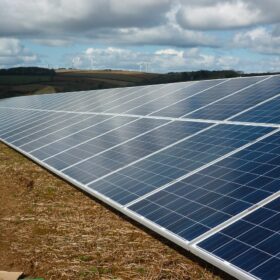DFC approves $425 million for Tata Power’s 4.3 GW solar cell and module fab
Tata Power’s greenfield 4.3 GW solar cell and module manufacturing plant in Tamil Nadu is expected to start PV module production by the year end.
How long do residential solar panels last?
Multiple factors affect the productive lifespan of a residential solar panel. In the first part of this series, we look at the solar panels themselves.
China solar module prices dive to record low
In a new weekly update for pv magazine, OPIS, a Dow Jones company, provides a quick look at the main price trends in the global PV industry.
Huasun claims 25.69% efficiency for heterojunction solar cell
Huasun Dali started producing high-efficiency 210 mm HJT solar cells this week, and is expected to achieve an average efficiency of 25.5% in mass production.
Panasonic testing BIPV glass based on perovskites
Panasonic is now testing perovskite-based power-generating glass with Japanese property developer Mitsui Fudosan Residential at a new building in Kanagawa prefecture, Japan.
Qcells to sign $3 billion supply agreement for US-made polysilicon
Hanwha Qcells will make sizable prepayments to help restart the REC Silicon plant in Moses Lake, Washington, by Nov. 1, with a goal of reaching full capacity by the end of 2024.
Sharp unveils all-black 420 W TOPCon solar panel with 21.51% efficiency
Sharp’s new IEC61215- and IEC61730-certified solar panels have an operating temperature coefficient of -0.30% per degree Celsius, with 21.51% efficiency.
Selenium solar cell built with laser-annealing achieves record fill factor of 63.7%
Built by Danish researchers, the device also achieved a power conversion efficiency of 5.0%. They designed the cell with a soda-lime glass substrate, a tin oxide (FTO) layer, an electron transport layer made of titanium oxide (TiO2), a selenium absorber, a molybdenum oxide (MoOx) layer, and a gold (Au) metal contact.
IEA-PVPS releases guide for applying innovation system approach to BIPV
IEA-PVPS has published a new handbook that provides support for Technological Innovation System (TIS) analysis for building-integrated photovoltaics (BIPV).
IREDA, IIFCL team up to finance renewable energy projects
Indian Renewable Energy Development Agency Ltd (IREDA) and India Infrastructure Finance Co. Ltd (IIFCL) will engage in co-lending and loan syndication for all categories of renewable energy projects.
